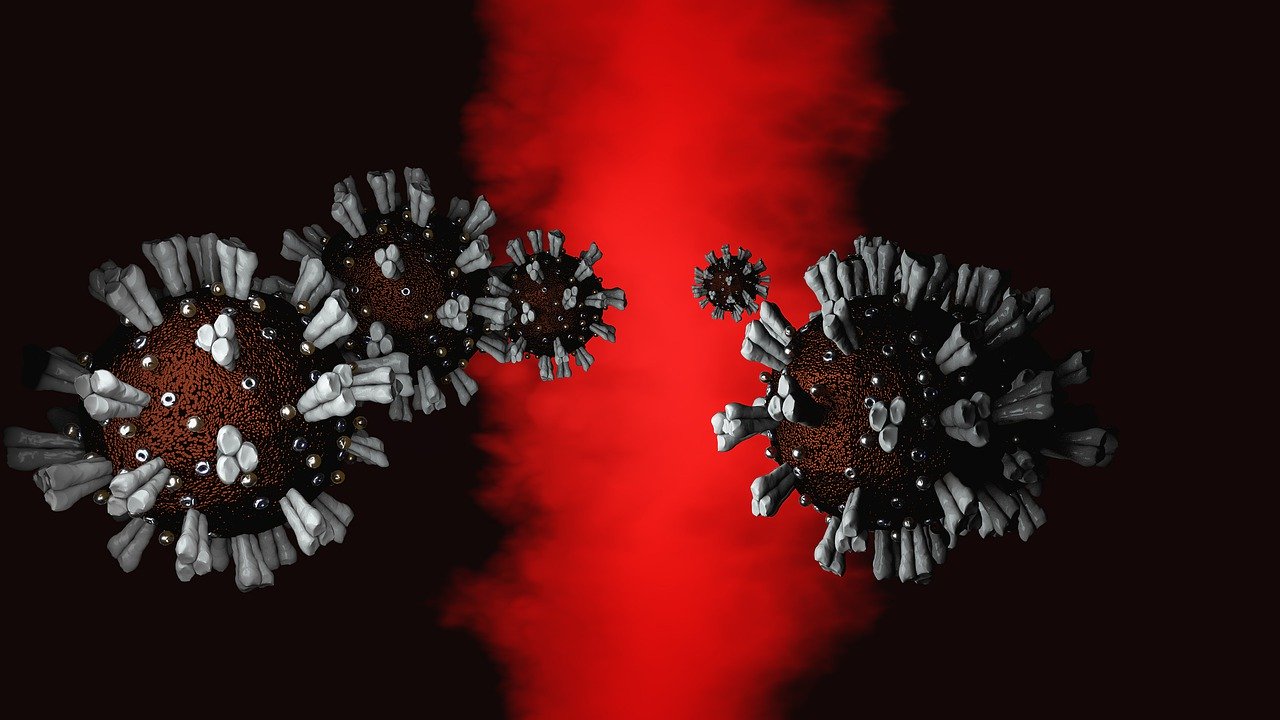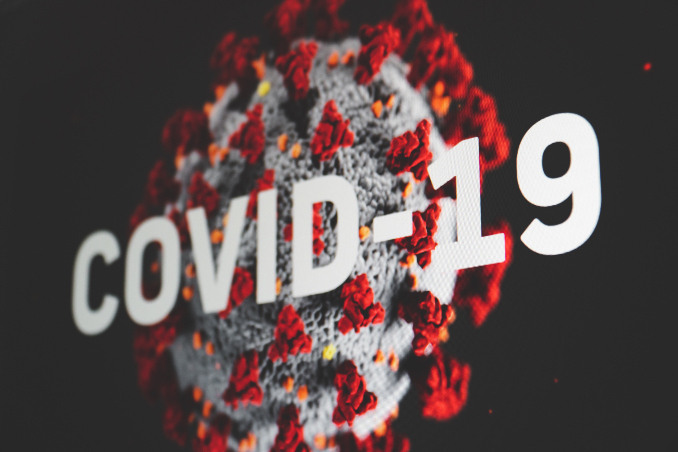What do I need to know about the coronavirus COVID-19?
Corona viruses are not new. They are responsible for about one third of the typical “colds” and they also cause one or two “diarrhoea”. The coronavirus COVID-19 is new, which often leads to severe pneumonia and for which there is currently no vaccine available.
Coronavirus COVID-19 – the facts
More than 200000 infections are known worldwide, of which more than 80000 patients have recovered. But more than 10,000 people have also died. ( Status: 22.3.2020 ) For the average citizen the following questions arise:
- What is known about the pathogen?
- What are warning signs of an infection?
- How can I protect myself?
Coronavirus COVID-19 – what are you dealing with
As I said, coronaviruses are not new. In fact, there are hundreds of types of corona viruses. They can infect both humans and animals and cause various diseases, including just colds. The new coronavirus COVID-19 belongs to the so-called beta coronaviruses. Two of them have caused epidemics of respiratory diseases in recent years: sars (Severe acute respiratory syndrome) and mers (Middle East respiratory syndrome). The new coronavirus COVID-19 was discovered in December 2019 in China / Wuhan. However, it is still not known exactly how the virus made the leap from animal to human.
All books about the coronavirus COVID-19*
How can you recognize if you are infected?
The tricky thing about the coronavirus COVID-19 is that the course of the disease is often unspecific and diverse and also varies greatly. For example, some sufferers show no symptoms at all, while others get pneumonia, which can end in lung failure and death. An analysis of 56 000 cases in China showed that more than 80 percent of those affected had fever and more than 60 percent had cough. Less than 20 percent suffered from shortness of breath, muscle and joint pain, sore throat and headaches. Nausea, stuffy nose and diarrhoea occurred in less than 10 percent of patients. ( Source: RKI )
According to the RKI, data on the most common symptoms are still limited, although in Germany, cough, fever and colds have so far been the main symptoms. Worldwide, most of the diseases were mild to moderate. However, 14 percent of the patients suffered from severe symptoms such as shortness of breath, and 6 percent suffered from critical to life-threatening clinical symptoms. (Status: 22.3.2020)
Infection occurs mainly through close contact and droplet infections, such as coughing, sneezing and sputum. Currently, scientists are assuming an incubation period – i.e. the phase from infection to the onset of the disease – of up to 14 days. On average, the incubation period is 5 to 6 days. People over the age of 50 are particularly at risk – previous illnesses increase the risk. The virus does not distinguish between men and women!
There is currently no specific therapy for the viruses themselves or a vaccination. Confirmed suspected cases must remain isolated for a while so that they do not infect other people. It could be that you cannot reinfect yourself. However, this is not yet certain as of today.
What precautions are in place against the coronavirus COVID-19?
There is no vaccine yet. However, according to the RKI, general measures that also protect against other infections are helpful.
Wash your hands. Several times a day thoroughly with warm water and soap*, dry off well. This is especially important after arrival at home or at work. But also after visiting the toilet, after contact with animals, before meals, before and after preparing food, before and after contact with sick people.
Sneeze or cough into the crook of your arm or a handkerchief. You should dispose of handkerchiefs directly.
Greet with restraint and keep your distance. If possible, you should keep a distance of about one and a half to two metres from people with cold symptoms.
Leave your face alone. Please make sure that you touch your face as little as possible so that viruses cannot get from your hands to the airways.
Social contacts must be restricted as much as possible so that the chain of infection can be interrupted and minimized!
What is the best way to behave when you are in quarantine at home?
You have to stay at home because you are either infected or you want to prevent infection. As a general rule, quarantine is one of the most drastic measures. It serves to prevent a further spread of the disease. For you, this means that your daily routine – in principle – your life changes completely from one day to the next. You may be able to continue your professional activity from your home office or you may have time for yourself and your family.
Below are some ideas on how you can use this time wisely:
Use the time and read a good book (bestseller fiction*) (bestseller non-fiction*)
Start a series marathon with Amazon Prime Video*
Keep fit and train from home. The best fitness tips and tools*
Even though it may seem unthinkable today, plan your next vacation
In any case, we wish you to stay healthy and get through the crisis well.





